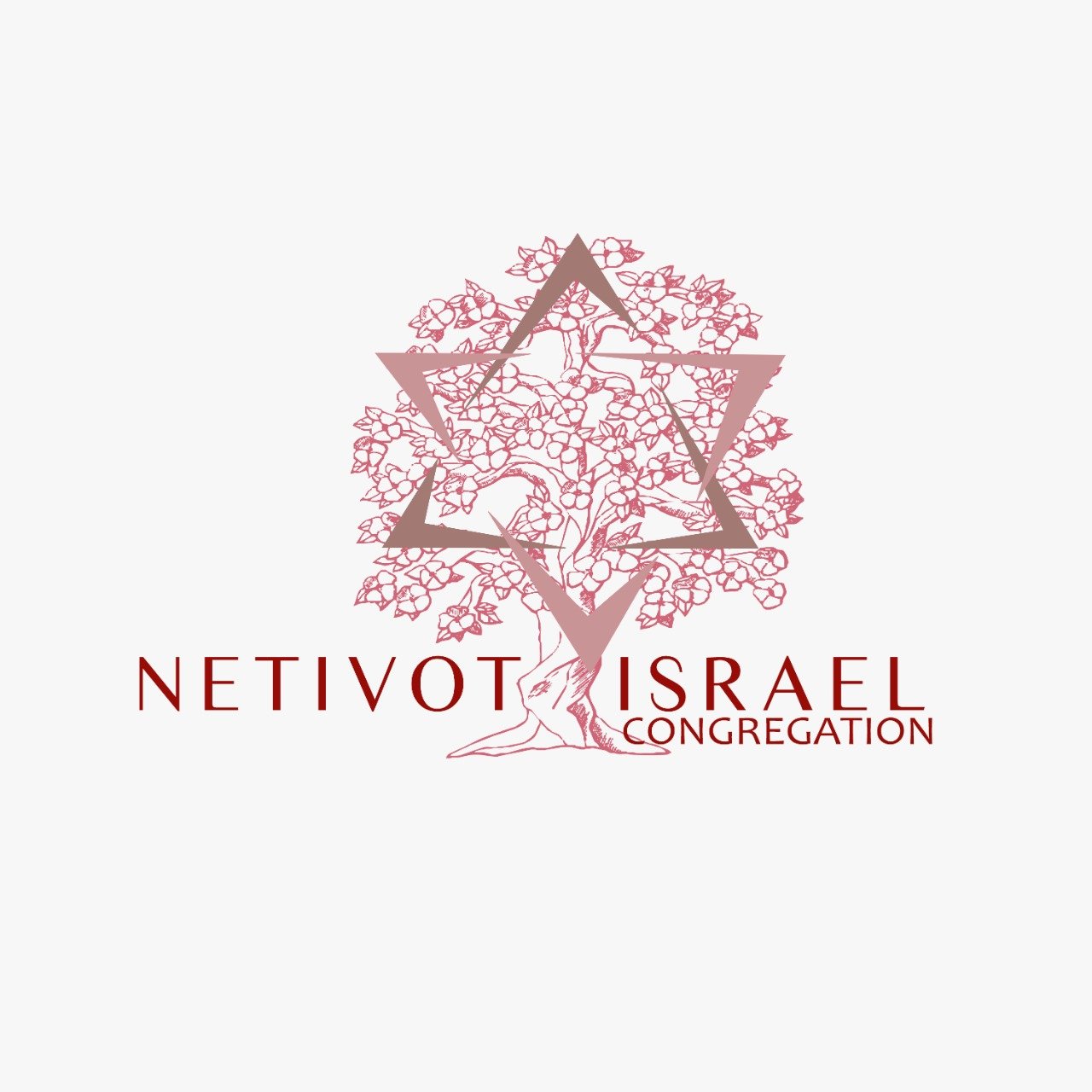Vayigash
Preventing shame in our lives .
I am Yosef - Is My Father Still Alive?
The Torah relates that when Yosef revealed himself to his brothers they were startled. Simply understood, their shock was due to the fact that the powerful king who stood before them was actually their brother whom they had mistreated many years earlier. They had thrown him into a pit, sold him into slavery, and originally planned to kill him before Reuven intervened. It was no wonder that now, with the tables turned, they were shocked and frightened as to what Yosef would do to them; as one of the most powerful men on earth he could surely punish them as he wished.
Rashi, however, offers a different perspective: the brother’s shock was not due to fear but to embarrassment. Why does Rashi interpret this episode in this way
Rodef, Moser, and Eiver min haChai
The Mefarshim explain that Yosef’s brothers did not originally treat him harshly simply due to jealousy and hatred. They had in fact established a Beit Din (which included the Shechina itself!) that ruled that since Yosef had been slandering them to their father, he had the status of a Rodef (one pursuing another person in order to kill him) and Moser (one who falsely reported another to the authorities). Since the sins he reported to his father were subject to capital punishment, he was deserving of capital punishment for the slander. They also held that he had violated the prohibition of Eiver min hachai (eating a limb from a living animal), which is a capital offense for a Ben Noach (which was their status at that time).
Yosef’s brothers were convinced of their ruling. They believed it to be the absolute truth, completely logical, and firmly grounded in halacha; they did not believe for a moment that they had been affected by jealousy or hatred. This was their attitude for the entire twenty-year period that Yosef was away. They did not regret it for an instant.
Is My Father Still Alive?
However, at the moment that Yosef revealed himself their entire perspective came crashing down. Yosef declared, “I am Yosef” but he also asked, “Is my father still alive?” This was meant as a rhetorical question. “You have told me constantly that you are concerned for your father’s health. This was why you did not want to bring Binyamin to Mitzrayim, nor leave him here when I accused him of stealing. But why did you have no regard for our father’s pain and anguish when you sold me?
In an instant all of the brothers realized that they had been mistaken. They did not answer Yosef’s question, “Is my father still alive” because it was not meant to be answered. It hung in the air, accusingly, divesting them of their preconceived notions. For twenty-two years they had recited Viduy each day and had never considered selling Yosef to be a sin. At this moment they realized that they had erred terribly.
This is why Rashi explains that the brother’s shock was due to embarrassment. At this moment this was their overriding feeling; it was as though they had received a sudden, unexpected slap to the face, overturning their deeply held views. They now knew that their Beit Din and its rulings had been tainted by jealousy and hatred.
With or Without a Beard
This may help resolve another question. The Torah relates that Yosef’s brothers did not recognize him, Chazal explains that this was due to the fact that when he had left them he did not yet have a beard, whereas now he did. However, as the Or haChaim asks, this seems difficult. Yosef’s visage (his “Ziv ikunim”) strongly resembles Yaakov’s. How could his brothers fail to recognize him?
Moreover, Yosef dropped many hints that he was not simply a stranger. For example, he sat the brothers in order of their birth around his table, claiming that he was able to do so by magical powers (43:33). However, rather than guessing his true identity, the Torah relates that the brothers were astounded at Yosef’s wisdom. Why did they fail to realize the seemingly obvious fact that the Egyptian king was in fact their long-lost brother?
In light of the above we may suggest that the brothers were utterly blinded by their preconceived notions of Yosef’s guilt and wickedness. They were certain he was a Rodef and Moser and thus he could certainly not have risen to power, fame, and prestige. The idea did not even enter their heads.
In fact, the brothers also buried any recollection of the dreams Yosef had related to them. Despite the fact that they were bowing down to a king who closely resembled their brother which was a precise manifestation of Yosef’s dreams, they did not put two and two together. They were utterly convinced of his guilt.
When a person encounters something that reveals, in an instant, that he has been living a lie and that his life has in fact been dedicated to the pursuit of desires and the like, he feels extraordinary shame. For many years he may have been given subtle hints as to the error of his ways but he bats all those hints away; for everything he has an answer. He fails to uncover his true motives and take the messages that are meant for him.
Our job is to hear those messages loud and clear; to turn our lives around and not wait until that day of shame comes.
The above Dvar Torah should be Leiluy Nishmat My Father Rabbi David Ben Rav Moshe Zatsal whose yartseit is this shabbat the 11th of Tevet .
Shabbat Shalom
Rabbi Gad Bouskila

